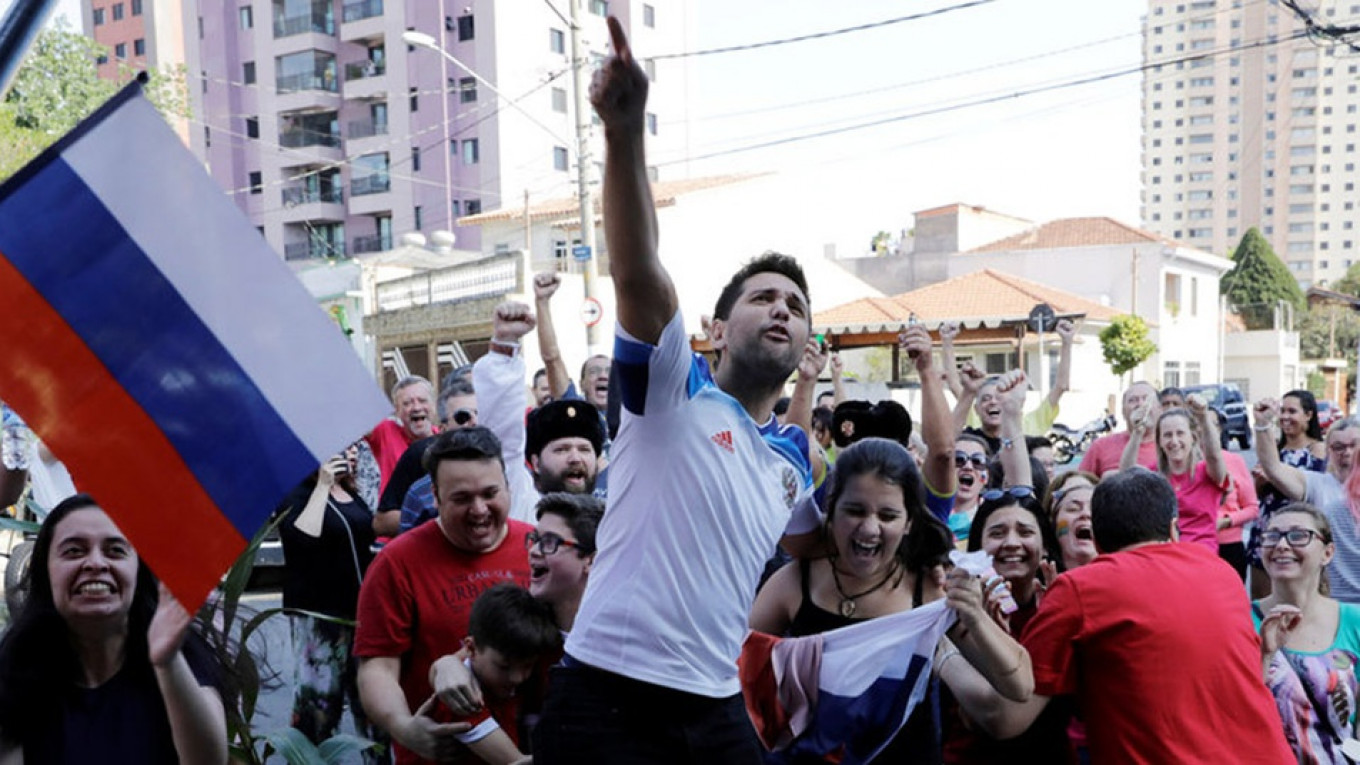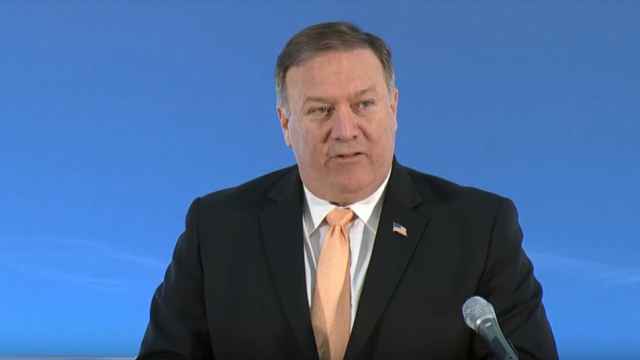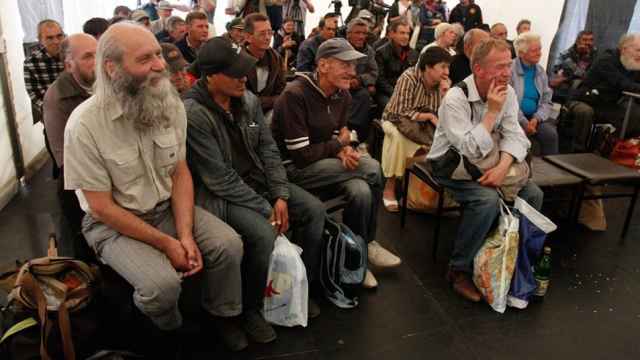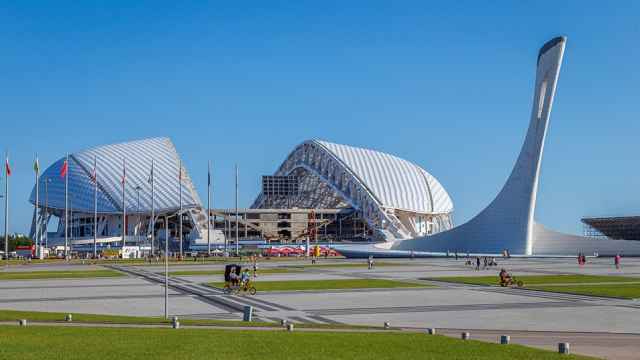The World Cup has been an eye-opener for Russian waitress Lena Tikhomirova: mingling with visiting fans and experiencing new cultures has whetted her curiosity and now she plans to live abroad.
"I love Russia. I love Nizhny Novgorod. But .... I want to meet new people and study in another country, that would be so cool," said the 21-year-old.
Before the World Cup, daily life in Russia was characterized by surly table service, dour looks, unhelpful street signs and how little residents seem to smile in public or speak to strangers.
Police are typically seen as unhelpful, more associated with stopping migrant workers for document checks or fining residents for crossing the street in the wrong place or drinking beer outdoors.
During the tournament, that changed. Russians have taken pride as throngs of foreign fans have revelled in an atmosphere of cosmopolitan openness and laissez-faire policing that has washed over the tournament's eleven host cities.
"It has changed a lot in my life, my attitude towards foreigners," she said. "It seems to me the city has changed too. This place is more cheerful now, it is lively. The people enjoy it and smile," said Tikhomirova.
The change left many visitors with a positive impression of Russia, but also, for many Russians themselves it has engineered a subtle change in society.
For the artist community, the World Cup has been like an "emotional adventure" that is influencing and permeating local art, said gallery owner Georgy Smirnov in Nizhny Novgorod.
Graffiti murals have sprung up around the city, while the tournament has inspired underground artists like Egor and Seva of the TOY art collective to paint a series of football-themed paintings for an exhibition at Smirnov's gallery.
"I think the [World Cup] will affect the whole country and people's attitudes and conscience will change," said Egor, speaking to the camera in a balaclava because of past run-ins with the police.
'Polite Police'
Police at the World Cup have been lenient as authorities have sought to show visiting fans that Russia is safe and secure, but also open and welcoming.
Moscow has been the scene of late-night, boozy street partying centred around a pedestrian thoroughfare stretching from Red Square to the former KGB headquarters now run by the Federal Security Service (FSB).
The lenient policing towards alcohol consumption in the street has bemused many. A video shared on social media shows a Russian man holding a can of beer in a street toasting police officers, asking them if he will be able to able to continue drinking on the street after the World Cup.
Some rights activists who opposed Russia hosting the World Cup because of its human rights record now find themselves more ambivalent, praising what they describe as the unusually soft touch of the police.
"I was against holding the World Cup here but I can see how much of a celebration this is for people so I think probably it was a good thing," said Svetlana Gannushkina, a rights advocate who works with migrants and refugees.
Gannushkina spoke to Reuters during a football tournament by the Kremlin walls put on specially for document-less migrants who are often targeted by police on the metro. She said police have been unusually "kind and polite" throughout the tournament.
"The police are handling themselves decently towards everyone," she said, adding however that she had "no hope" it would remain like this in the long-term.
As the tournament draws to a close ahead of the final on Sunday, some already have a wistful air of nostalgia.
"We will never see something like this in our life again," said Konstantin Pechyonov, an elderly guitar-strumming busker in Nizhny Novgorod. "Unfortunately, the party is coming to an end."
A Message from The Moscow Times:
Dear readers,
We are facing unprecedented challenges. Russia's Prosecutor General's Office has designated The Moscow Times as an "undesirable" organization, criminalizing our work and putting our staff at risk of prosecution. This follows our earlier unjust labeling as a "foreign agent."
These actions are direct attempts to silence independent journalism in Russia. The authorities claim our work "discredits the decisions of the Russian leadership." We see things differently: we strive to provide accurate, unbiased reporting on Russia.
We, the journalists of The Moscow Times, refuse to be silenced. But to continue our work, we need your help.
Your support, no matter how small, makes a world of difference. If you can, please support us monthly starting from just $2. It's quick to set up, and every contribution makes a significant impact.
By supporting The Moscow Times, you're defending open, independent journalism in the face of repression. Thank you for standing with us.
Remind me later.







